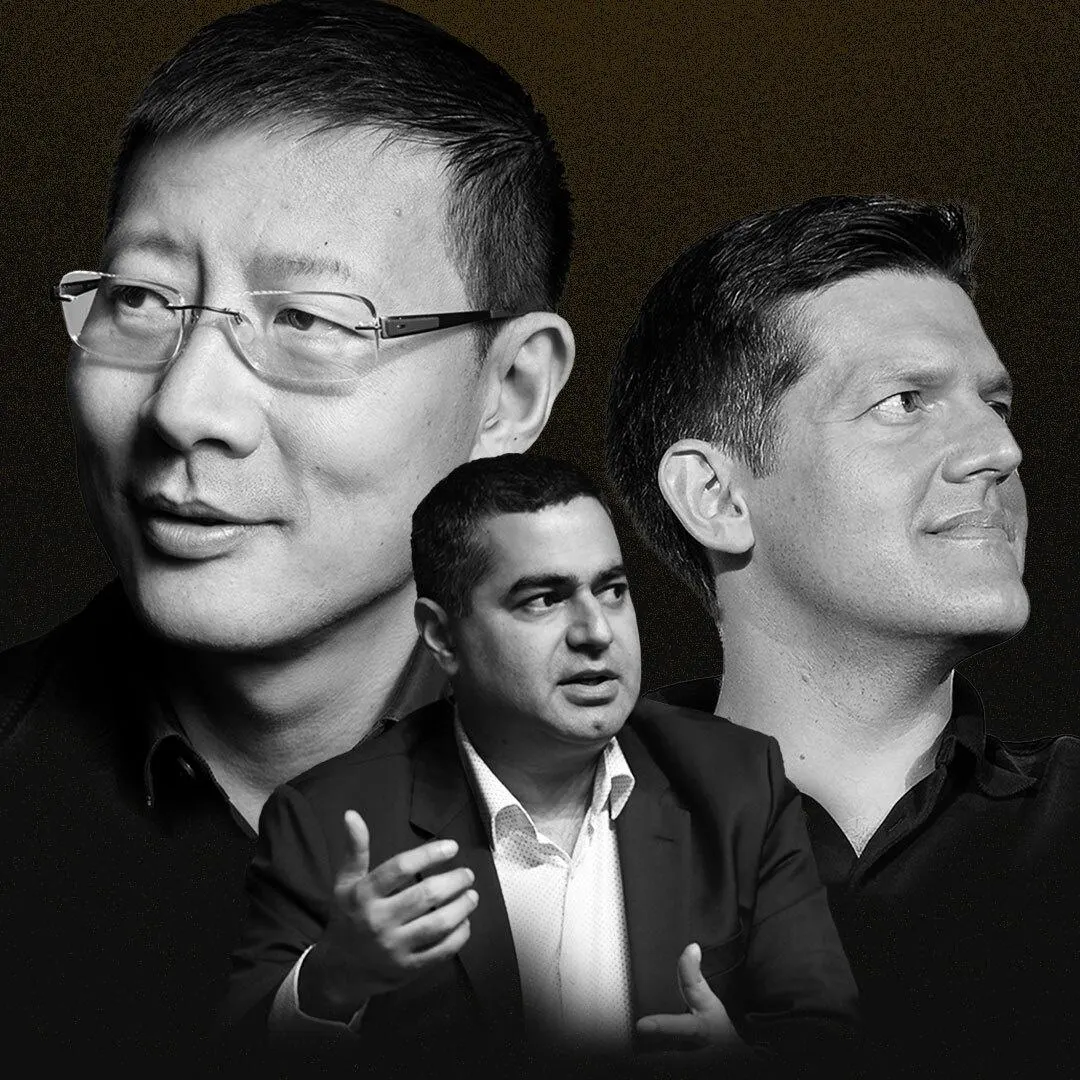The most illustrious venture capital firm in the world is dissolving. With its China and India funds, Sequoia, known for its early investments in international powerhouses like ByteDance and GoTo as well as American tech giants like Airbnb, WhatsApp, and Zoom, is breaking up into three completely independent companies.
In a letter to limited partners on Tuesday morning that was signed by the CEOs of the three companies, Roelof Botha, Neil Shen, and Shailendra Singh, Sequoia’s global leadership officially confirmed the news. The resulting companies, which will represent the United States, Europe, China, and India/Southeast Asia respectively, are Sequoia Capital, HongShan, and Peak XV Partners. They aim to complete the separation “no later than” March 2024.
The three investment heads told Forbes in separate interviews that the decision to split up Sequoia’s global brand was reached after months of gradual discussion. While acknowledging, but attempting to downplay, a frostier geopolitical environment, they cited conflict between the funds’ respective startup portfolios, brand confusion due to strategy divergences, and increasing complexity of maintaining centralized regulatory compliance as factors.
After Sequoia Capital withdrew from the market, a new venture capital company was founded in India called Peak XV. Peak XV’s top executive said that the company does not anticipate any of its current investors pulling out and that it will reassure startup founders that structural changes won’t have an impact on them.
On Wednesday, Sequoia Capital announced that it is dividing its operations in China, India, and Southeast Asia into two independent firms that will operate going forward without any further involvement from Sequoia.
The Chinese company will be called Hongshan in English, and Peak XV will manage Sequoia’s former $9.2 billion in assets and more than 400 portfolio companies in India and Southeast Asia.
Peak XV has begun holding discussions with its limited partners (LPs), who contributed money to the Sequoia funds, about the modified structure, but Shailendra Singh, the organization’s head for India and Southeast Asia and a former executive at Sequoia, said that he is not “expecting a change (in thinking)”.
Although Singh did not mention any LPs, these funds are typically backed by sizable pension funds, sovereign wealth funds, and university endowments.
Sequoia has over the years invested in some of the biggest startups in India, such as the food delivery company Zomato and the payments company Pine Labs.
Sequoia also raised $2.8 billion last year to invest in startups in India and Southeast Asia, but Peak XV, currently India’s largest venture capital firm and headed by Sequoia’s former managing directors in the country, will invest the majority of the $2.5 billion left over.
Conflicts of interest were one factor in Sequoia’s structural changes. “In the past three years, we have made 100 international investments. We frequently run into issues because Sequoia has already backed the leading rival, “The new structure, according to Singh, gives each region more autonomy.
When some of Sequoia’s Indian startups experienced governance-related failures last year, the company publicly announced that it would impose stricter checks and requirements on the startups it funds. The creation of the new entity comes at a time when many startups’ in India are having difficulty finding funding, which has caused layoffs as investors adjust to stretched valuations.
Since Wednesday’s announcement, Peak XV executives also assuage concerns of some Indian founders who were worried about losing access to Sequoia’s global network of investors and executives after the changes, five founders told Reuters. “The biggest challenge is to spend time with founders over the next few weeks and explain (the changes) to them,” Singh said in the interview.
Peak XV executives have allayed the fears of some Indian founders who were concerned about losing access to Sequoia’s extensive global network of investors and executives. According to Singh, the biggest challenge is investing time with the founders and helping them understand the changes.
Vivek Ramachandran, founder of Singapore-based cybersecurity startup SquareX, called it “a monumental milestone for the entire India and SEA (Southeast Asia) ecosystem — marking the rise of a strong and independent VC firm.”
Sequoia Capital India & Southeast Asia has raised $9.2 billion across 13 funds, and invested in over 400 start-ups in the region. Singh concluded “As Peak XV, we are excited to have ₹2.5 billion of uninvested capital to continue our mission of supporting outlier founders and doubling down in our region and beyond. In terms of strategy, we will continue to focus on all of our existing sectors, including SaaS, AI, developer tools, cyber security, cloud infrastructure, fintech, climate tech, healthtech and consumer. We will double down on our startup programs like Surge and Spark that are loved by founders.”
Words by Keshvi Kamdar
Photograph via Forbes




